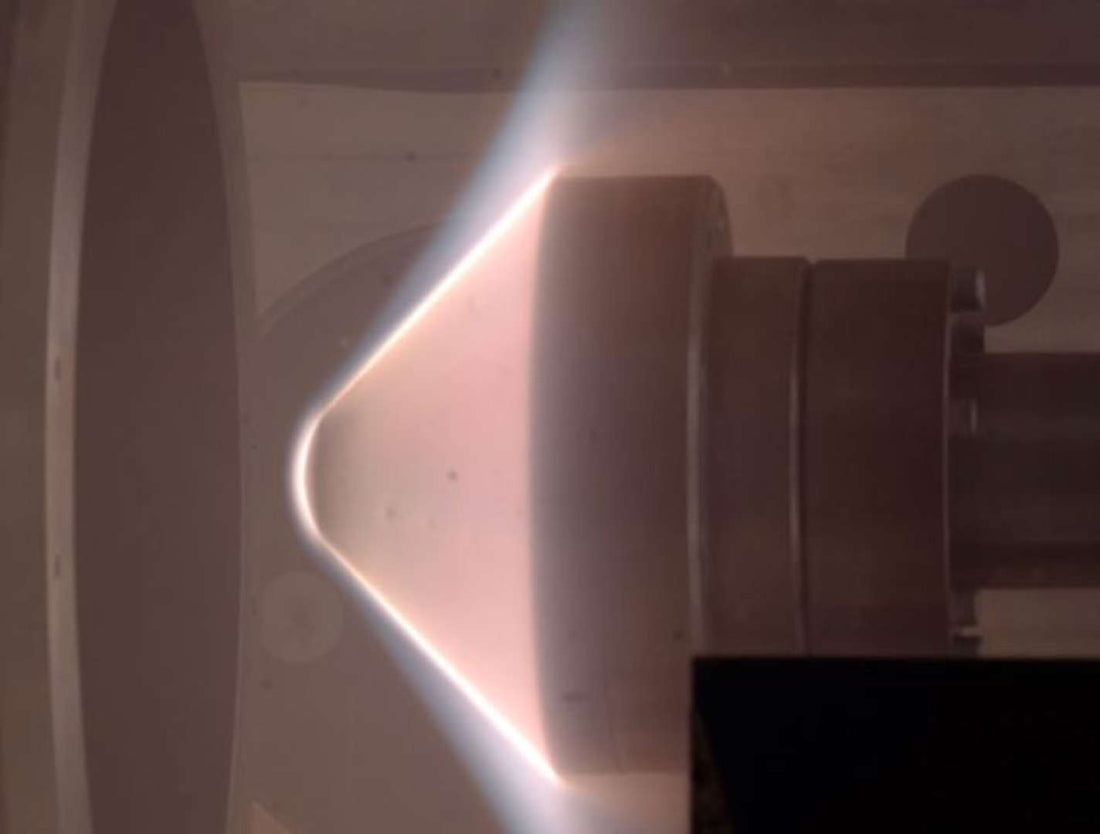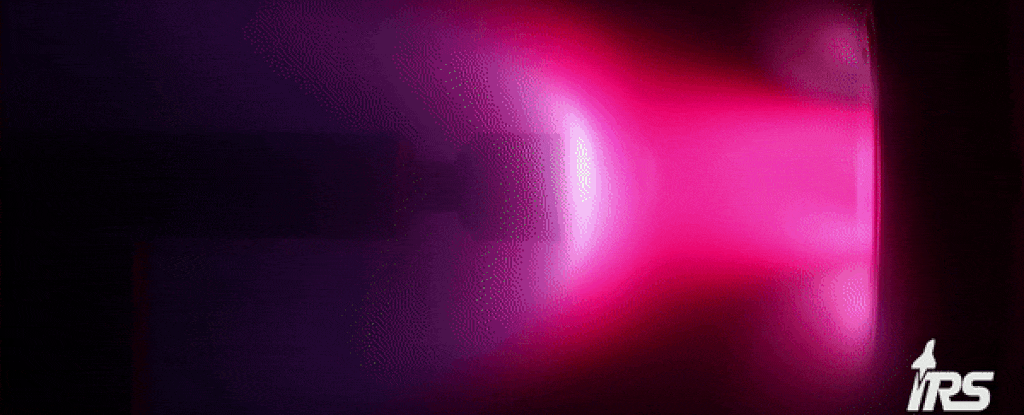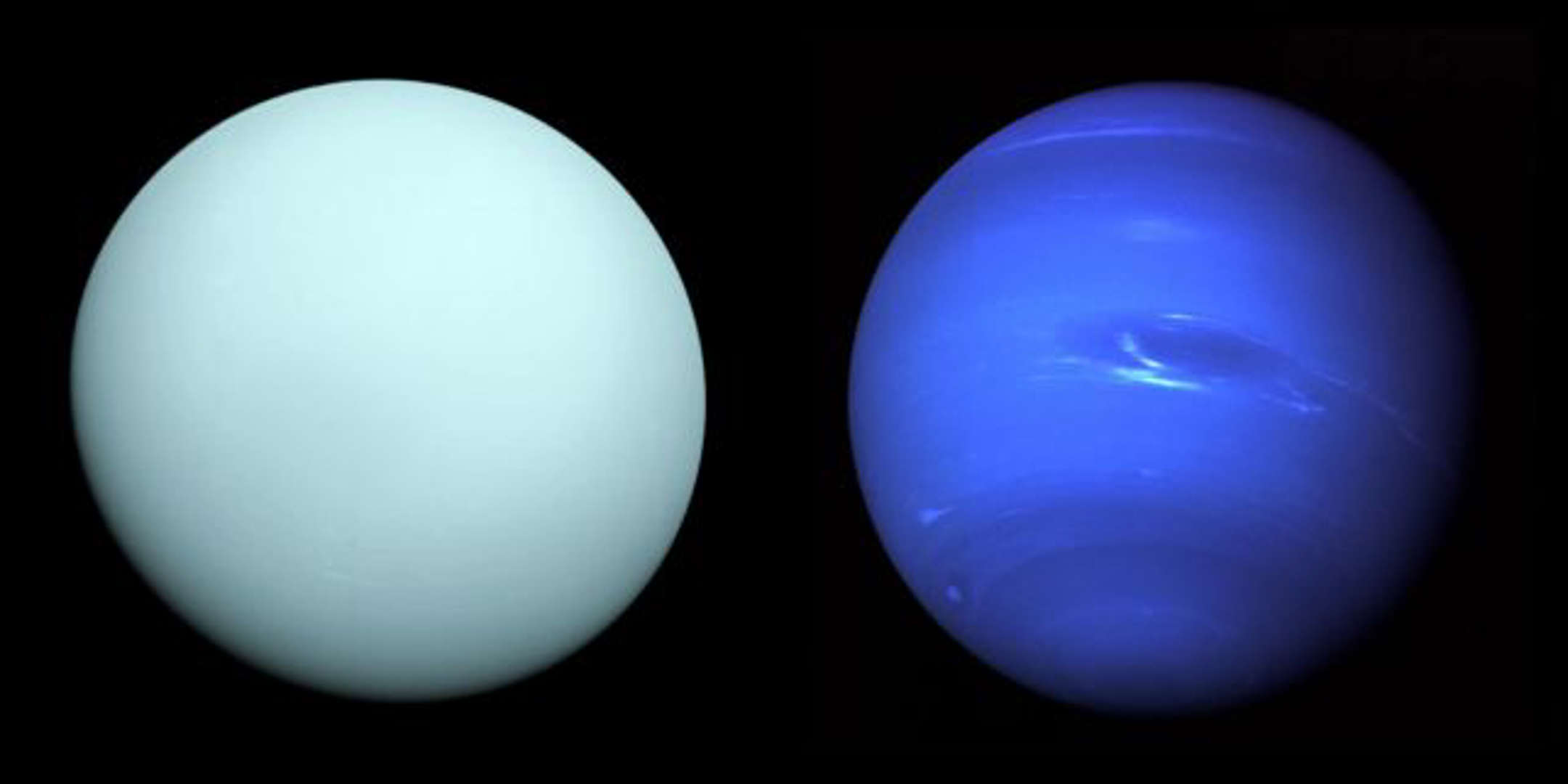
Scientists Simulate Experience of “Plunging” Into Uranus
Share
Scientists are gearing up for a mission to explore Uranus and its icy sibling, Neptune, by simulating the extreme conditions these planets present. Using a high-temperature plasma tunnel, researchers replicated the atmospheric compositions and velocities expected during atmospheric entry to design a probe that can endure the harsh conditions.
The challenges include high pressures and temperatures, demanding a robust thermal protection system for the probe. Aerothermodynamics engineer Louis Walpot from the European Space Agency emphasizes the need to adapt testing facilities to reproduce atmospheric conditions accurately.
Uranus and Neptune, distant and mysterious ice giants, have received limited attention compared to other planets in our solar system. Voyager 2's fleeting visit in the 1980s remains the most in-depth exploration. To bridge this knowledge gap, NASA and the European Space Agency are considering missions to these distant planets.
The two ice giants, although similar, possess intriguing distinctions, such as variations in atmospheric gas distribution leading to differences in colour. Scientists aspire to send atmospheric probes, akin to NASA's Galileo mission to Jupiter, to study the atmospheres from within. However, these probes must withstand extreme conditions, traveling at speeds of up to 23 kilometres per second.
An international team created a subscale entry probe similar to Galileo's and used facilities in the UK and Germany to replicate the conditions. The experiments involved plasma wind tunnels and hypersonic plasma facilities, where the probe measured convective heat flux across its surface.
The successful experiments provide valuable data for developing sensors to measure the atmospheres of Uranus and Neptune as probes dive into their mysterious depths. As space agencies plan future missions, understanding and overcoming the challenges posed by these ice giants become crucial steps in unravelling the secrets of our solar system's distant realms.
You’ve come this far…
Why not venture a little further into A.S.S. - our exclusive Australian Space Society.
And keep thrusting Australia into the deep unknown…
#Space_Aus






